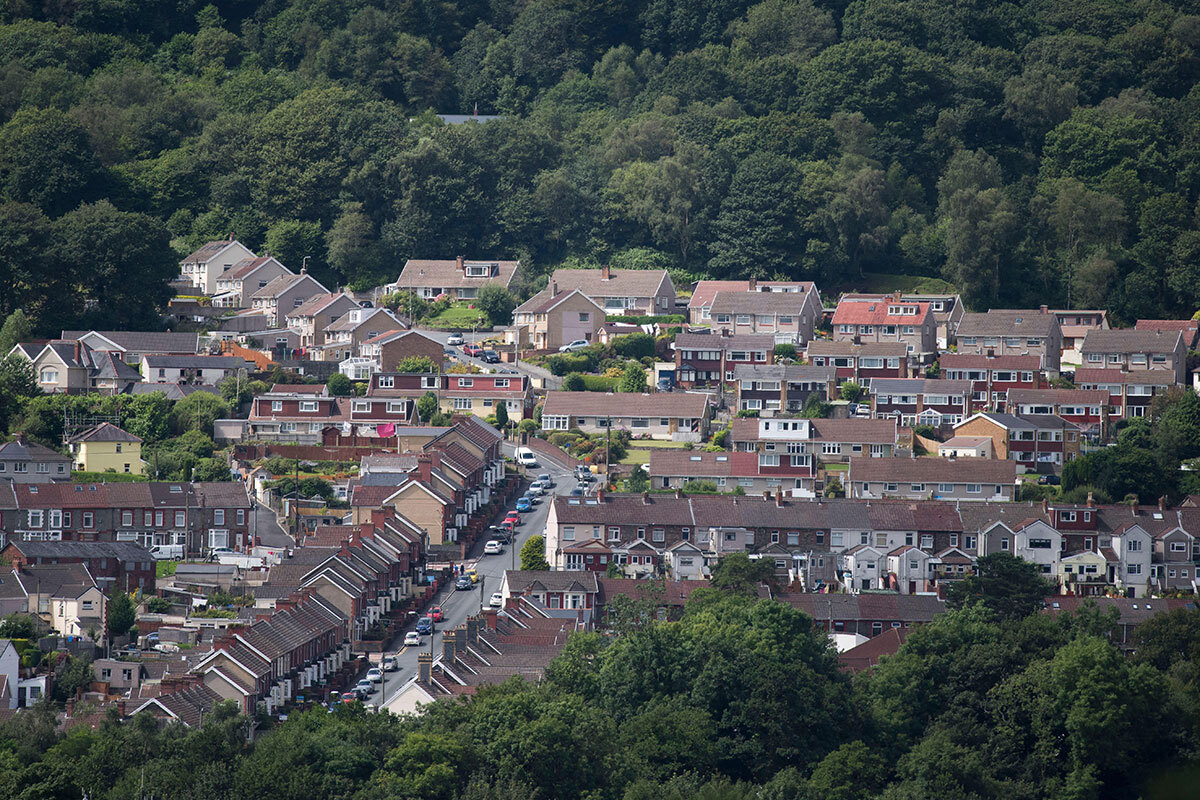Welsh government announces 6.7% rent cap from April 2024
Social housing landlords in Wales will be able to increase rents by a maximum of 6.7% from April next year, after a fresh intervention by the country’s devolved administration.
Climate change minister Julie James announced the new tighter cap, which is the same as the current rate of inflation, is based on the government’s assertion it will protect cash-strapped tenants.
“It is vital that we continue do all that we can to support those who face severe financial hardship, which is why I have made the decision to set the maximum uplift cap at the level of inflation,” she said.
It is the second year in row that Ms James has intervened in Wales’ current social rent settlement. Last year, the administration set a ceiling of 6.5% for annual rent hikes.
Under the Welsh government’s current five-year settlement, announced in 2019, rents could be increased by a maximum of the Consumer Prices Index (CPI) rate of inflation +1%.
At the time of last year’s intervention, CPI was running at 10.1%.
On her latest intervention, Ms James added: “I am well aware of the impacts that the continuing cost of living crisis has put on social housing tenants and that this uplift may not feel ‘lower’ to many people across Wales.”
However, she acknowledged that “the current economic climate continues to present challenges for both social landlords and their tenants”.
Ms James stressed that landlords are not required to hike rents by 6.7%. “I urge all social landlords to carefully consider affordability and set rents appropriately across their housing stocks,” she added.
As part of today’s announcement, the minister said there is also “ongoing commitments from social landlords in Wales to support tenants struggling with the impacts of the ongoing cost of living crisis”.
This included, she said, the continuation of the ‘no evictions due to financial hardship policy’ for tenants that engage with their landlords.
It will also involve, Ms James added, “targeted support… to those experiencing financial hardship to access support as well as investment in existing homes to keep them safe, warm and affordable to live in”.
The current rent settlement will come to an end in April 2025.
In response, Stuart Ropke,the chief executive of Community Housing Cymru, said: “Setting rent is one of the most important decisions not-for-profit housing associations make, and they don’t take it lightly. It is a decision that carefully balances what is affordable for individual tenants with investing in the high quality homes and core services that they rely on.
“The permitted rent settlement is a ceiling, not a target. Housing associations will now set rents locally by engaging with tenants and using tools to understand affordability.
“They want people that live in their homes to feel safe and secure, and no one experiencing financial difficulties need worry about losing their home, where they work with their housing association.
“If you are a housing association tenant who is concerned about or is struggling with rent or household costs, please contact your landlord directly. Every Welsh housing association has a specialised, local team in place to support their tenants.”
In England, chancellor Jeremy Hunt intervened in November last year to set a tighter rent cap of 7% for social landlords.
Under the current rent settlement in England, due to end in 2025, social landlords are limited to increasing rents by CPI +1%.
Housing minister Rachel Maclean announced last month that the post-2025 rent settlement will be decided in the first half of next year. A consultation on the policy is still also due to be published this year.
Sign up for our Wales newsletter
New to Inside Housing? Click here to register and receive our Wales round-up straight to your inbox
Already have an account? Click here to manage your newsletters












